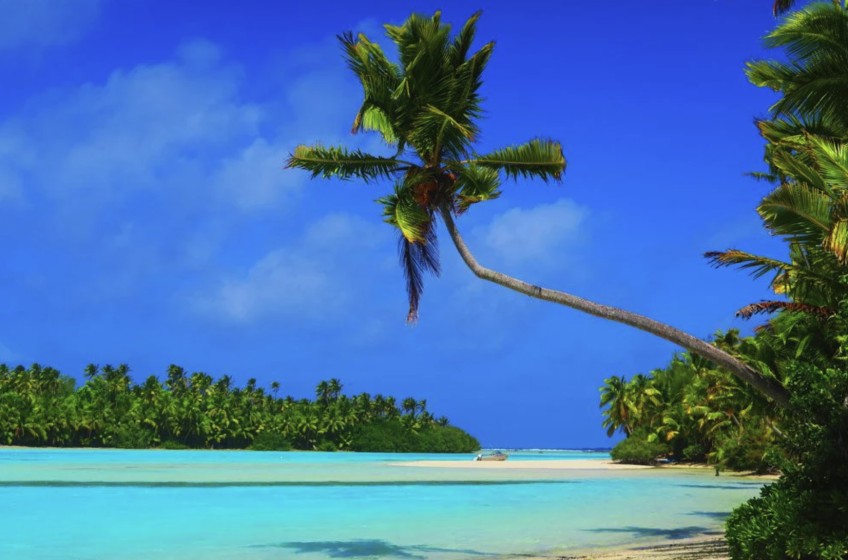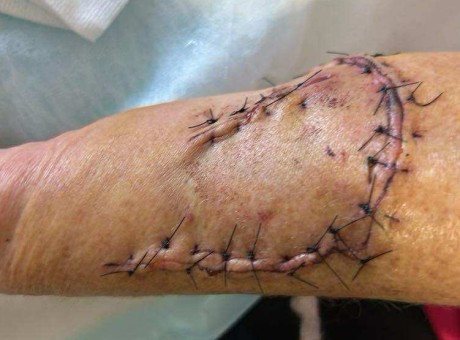Pacific island tourists warned against dengue fever

With dengue cases in the Pacific at their highest level in almost a decade, travellers are being urged to protect themselves from being bitten by mosquitoes that spread the sometimes deadly disease. There has also been a significant spike in travellers returning to New Zealand with the disease.
Several Pacific Island countries, including Samoa, American Samoa, Cook Islands, French Polynesia, Kiribati, Nauru, Tonga, and Tuvalu are experiencing a sharp rise in cases of dengue fever.
“Samoa has been particularly affected, with more than 2000 cases reported since an outbreak was declared on April 17,” Dr Susan Jack, National Clinical Director for National Public Health Service, says. “Sadly, some people have also died from the disease.”
New Zealand does not have mosquitoes able to transmit dengue. While you cannot catch dengue from another person, you can get it from infected mosquitoes in an area or region that has dengue, and there is no available vaccine in New Zealand.
In Auckland, public health teams have also experienced a recent surge in cases among people returning home after picking up the illness overseas, Dr Jack says.
“There were 34 confirmed cases of dengue reported in Auckland in July among people coming back into New Zealand – with approximately half acquired in Samoa – compared with just five cases at the same time in 2024.
“And, in just the first seven months of this year, up to 31 July, there have been 103 cases of dengue recorded in Auckland, double the amount recorded for all of 2024, with 54 cases. About a third of the cases so far this year have also ended up being hospitalised.”
In the year to date, there have been 208 cases of dengue nationally. “This is why it's important that people living in New Zealand who are travelling to these areas where dengue is widespread take precautions to avoid being bitten by mosquitoes and follow local public health advice,” Dr Jack says.
“People over 60 years old and children aged 10 and under are also at greater risk of severe illness from dengue.”
Dr Jack says if you’re travelling outside Aotearoa New Zealand to an area with dengue, protect yourself by:
- staying or sleeping in well-screened locations, or under mosquito nets
- keeping screens on doors and windows closed when indoors
- wearing light-coloured protective clothing, including hats, long sleeves and trousers when outdoors
- wearing a repellent cream or spray containing less than 35% diethyltoluamide (DEET) when outdoors
- avoiding places where mosquitoes are most active, such as swampy areas or places with standing water.
“Most people who get dengue will not develop symptoms. But for those who do, these can include a sudden high fever, intense headache, pain behind the eyes, muscle and joint pain, tiredness, nausea, vomiting and a fine rash, which may be itchy and usually begins on the extremities, but spares the palms and soles of the feet,” Dr Jack says.
Many people infected with dengue will only have mild symptoms, but a small number of people may get severe dengue and require hospital care. Get medical advice quickly if you have dengue symptoms while you are travelling.
If you feel sick in the first three weeks after you return home from a country that has dengue, seek advice from your healthcare provider or call Healthline for free on 0800 611 116. Tell them about your symptoms and recent travel.
For more information about dengue fever visit: info.health.nz/dengue
For advice on visiting regions overseas with dengue visit: https://www.safetravel.govt.nz/news/dengue-fever

























